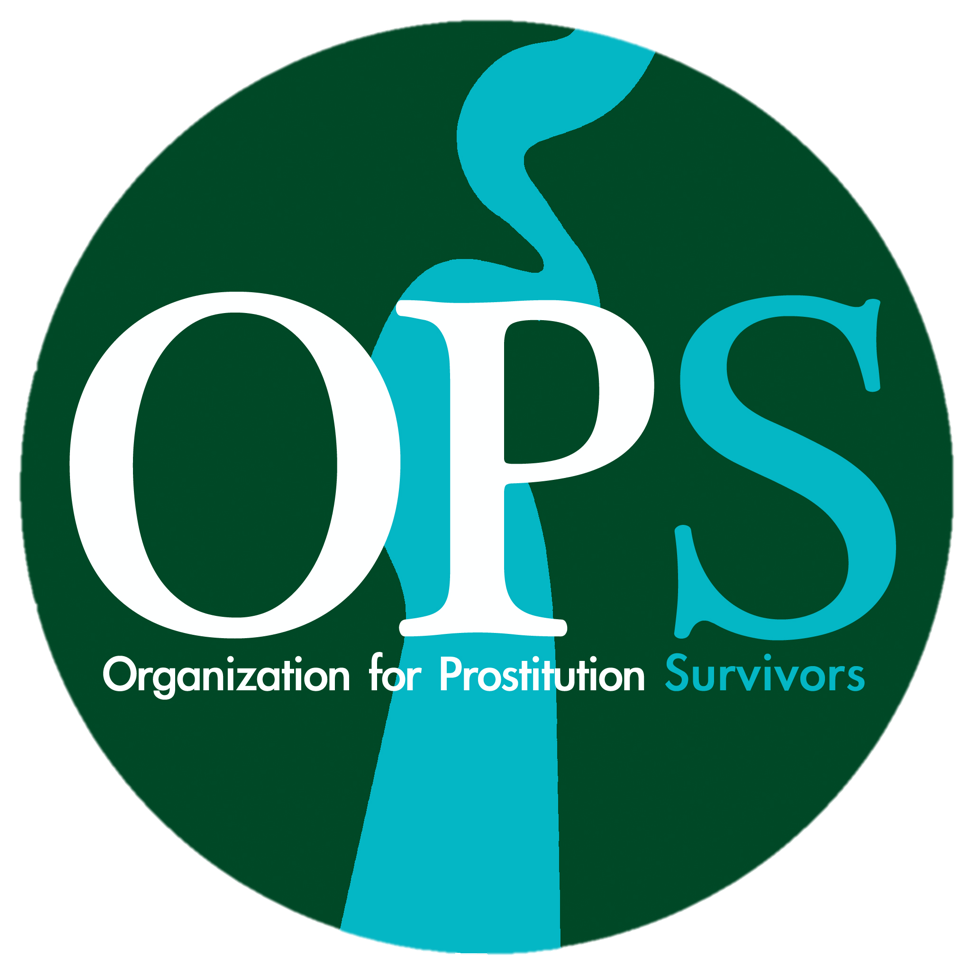DV Awareness in CSE & Resources to help
October marks Domestic Violence Awareness Month, a crucial time to spotlight the intricate and often intertwined issues of domestic violence and Commercial Sexual Exploitation (CSE). The connection between domestic violence and sex trafficking is substantial and undeniable, with the modalities of trauma deeply woven into the lives of those impacted by both. This connection is not coincidental—many traffickers exploit the vulnerabilities created by domestic abuse to manipulate, control, and further subjugate their victims.
Both abusers and traffickers employ devastatingly similar tactics to exert control over their people, including psychological manipulation, physical abuse, sexual violence, financial control, and substance use coercion. Recognizing the shared dynamics between domestic violence and CSE is paramount in providing effective support and championing the rights of survivors. Nearly 40% of individuals trafficked for sex report that their relationships with their traffickers began as intimate partnerships, blurring the lines between partner violence and systemic exploitation.
Unfortunately, it's common for individuals entrenched in the traumatic web of trafficking to initially seek help addressing domestic violence, particularly when their trafficker is also a partner. This overlapping of abuse highlights the need for comprehensive support systems that recognize the multifaceted nature of such exploitation.
In King County, the Department of Community and Human Services acknowledges these complexities and has curated a robust list of resources aimed at providing survivors with the support needed to navigate their circumstances. These resources extend beyond immediate relief and delve into harm reduction, behavioral health, legal advocacy, and comprehensive support services that cater to the holistic needs of survivors.
For anyone facing these challenges, help is readily accessible through a variety of platforms:
24/7 Helplines:
DVHopeline (King County Domestic Violence Hotline), Call 206-737-0242 or 877-737-0242
National Domestic Violence Hotline Call 800-799-7233
King County Resources:
Abused Deaf Women’s Advocacy Services: Empowering Deaf and DeafBlind survivors. Contact: 206-812-1001, adwas@adwas.org
API Chaya: For survivors of gender-based violence. Contact: 206-467-9976, info@apichaya.org
LifeWire, New Beginnings, Ingersoll Gender Center, and many more providing targeted and nuanced support.
The full list of resources and additional details can be accessed through the dedicated blog post at King County’s Department of Community and Human Services blog.
Awareness and proactive community involvement are pivotal in combating domestic violence and CSE. Let’s stand together this October—and every day thereafter—to support survivors, amplify their voices, and create safer, more resilient communities where abuse and exploitation have no place.
Remember, you are not alone, and together, we can and will make a difference.
